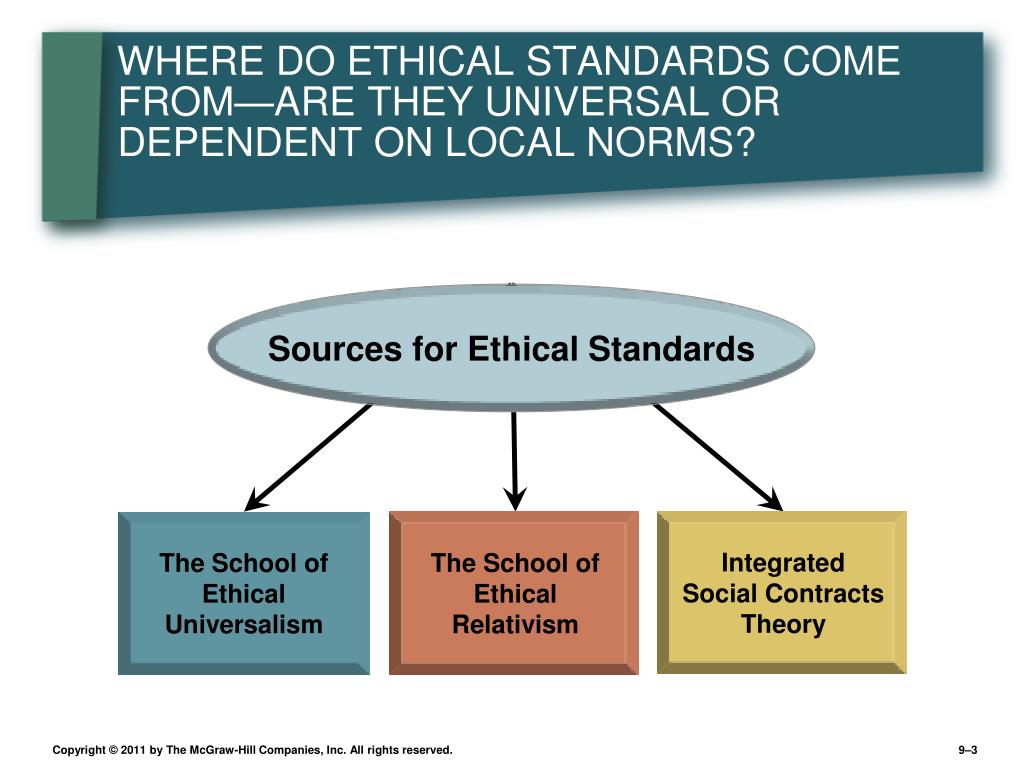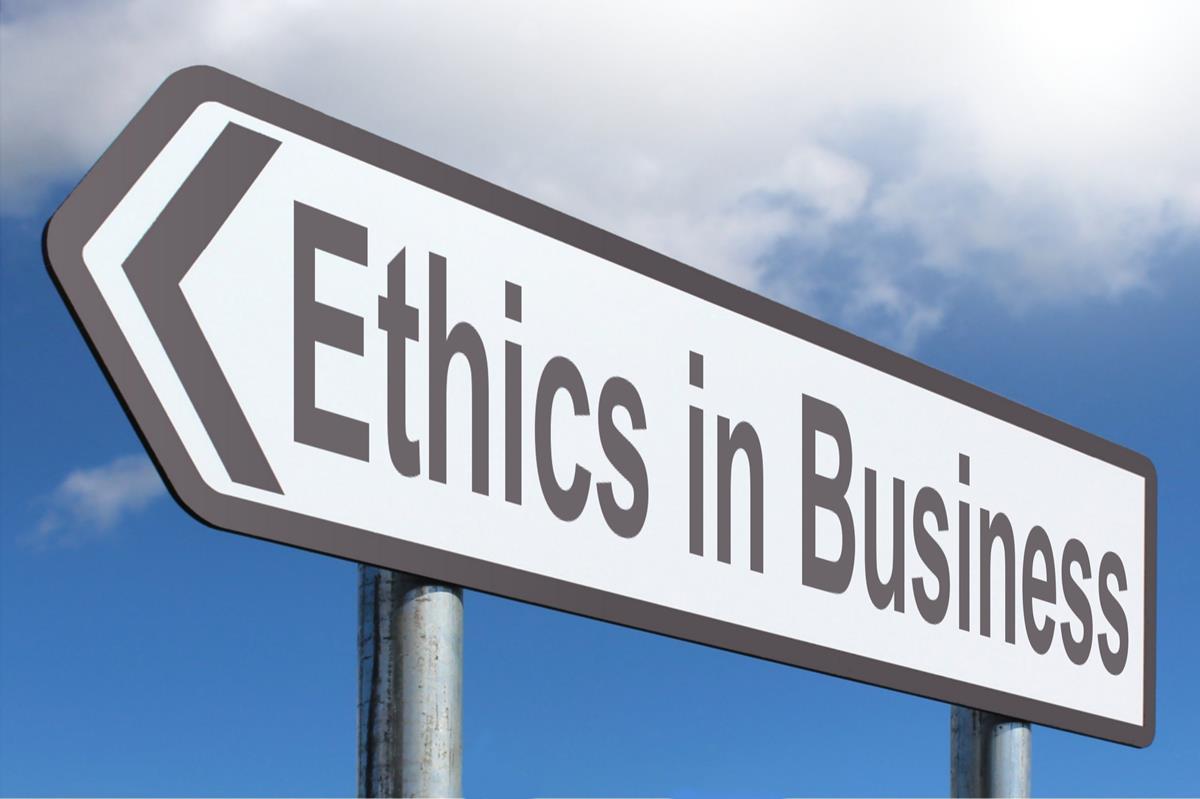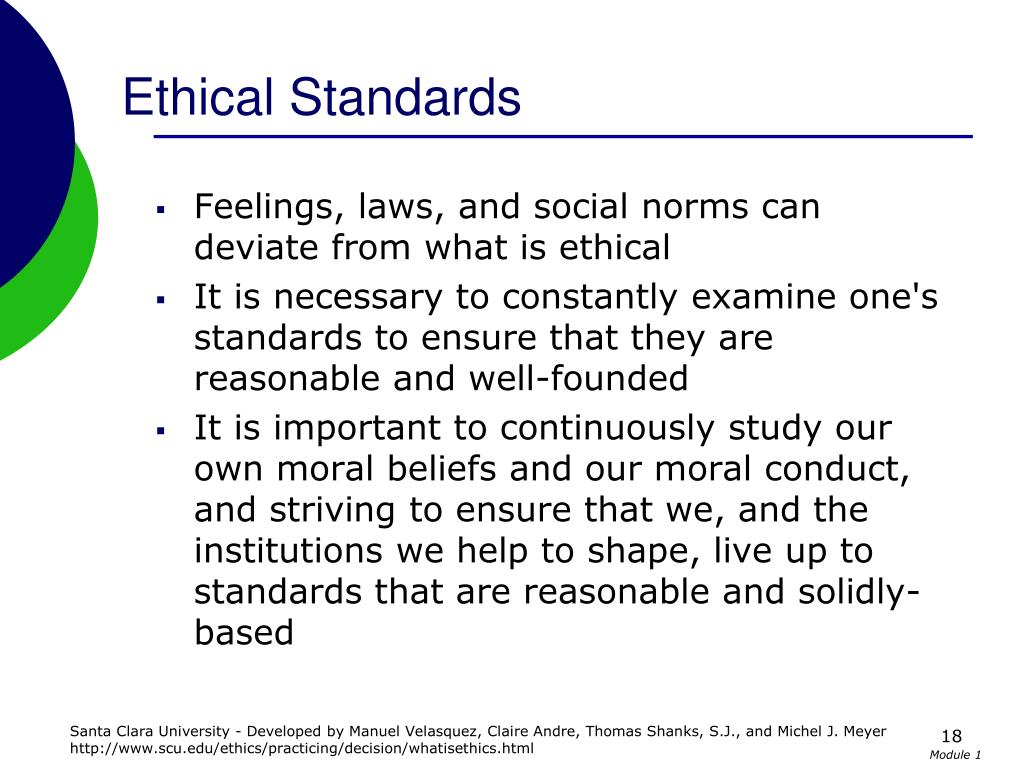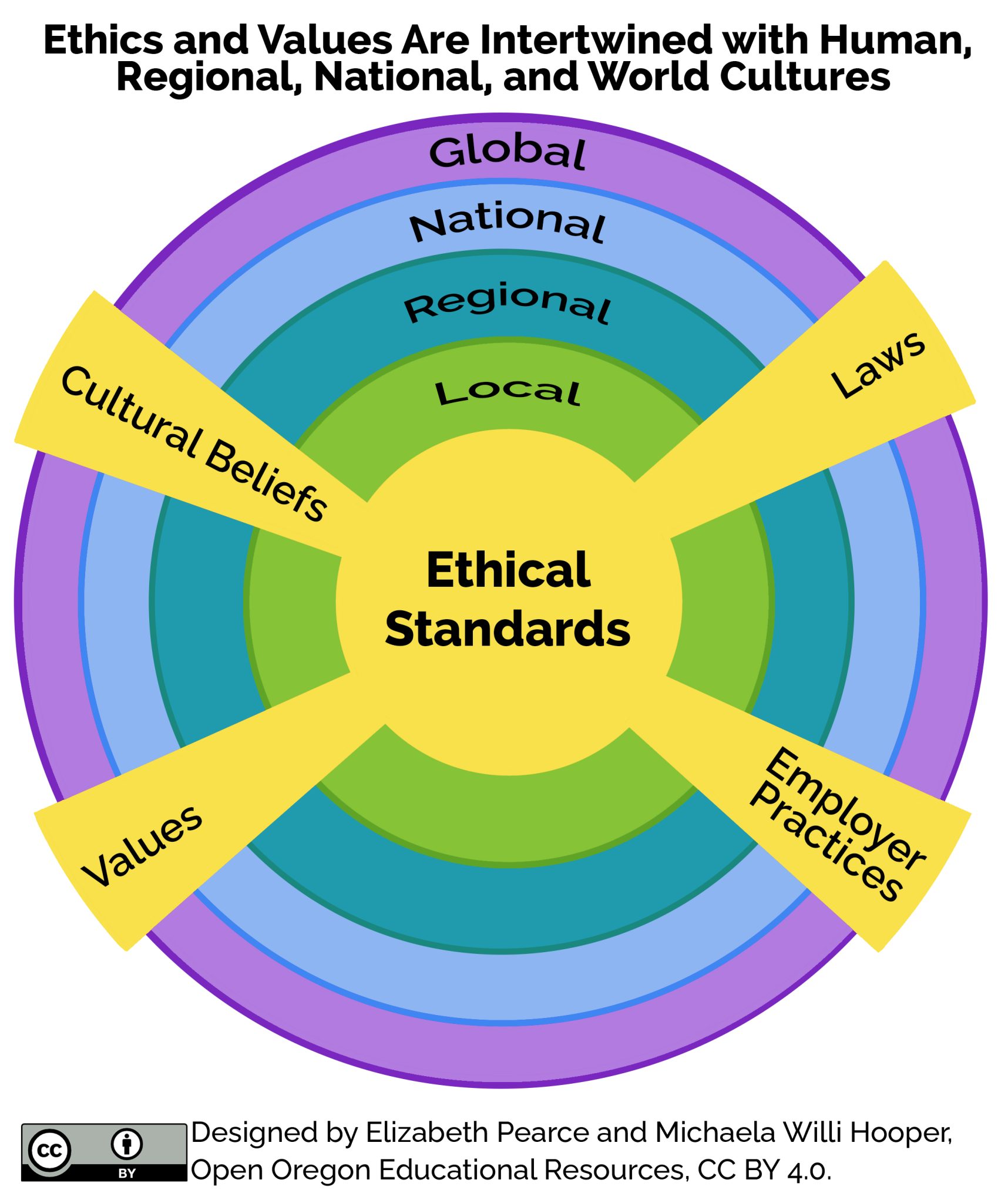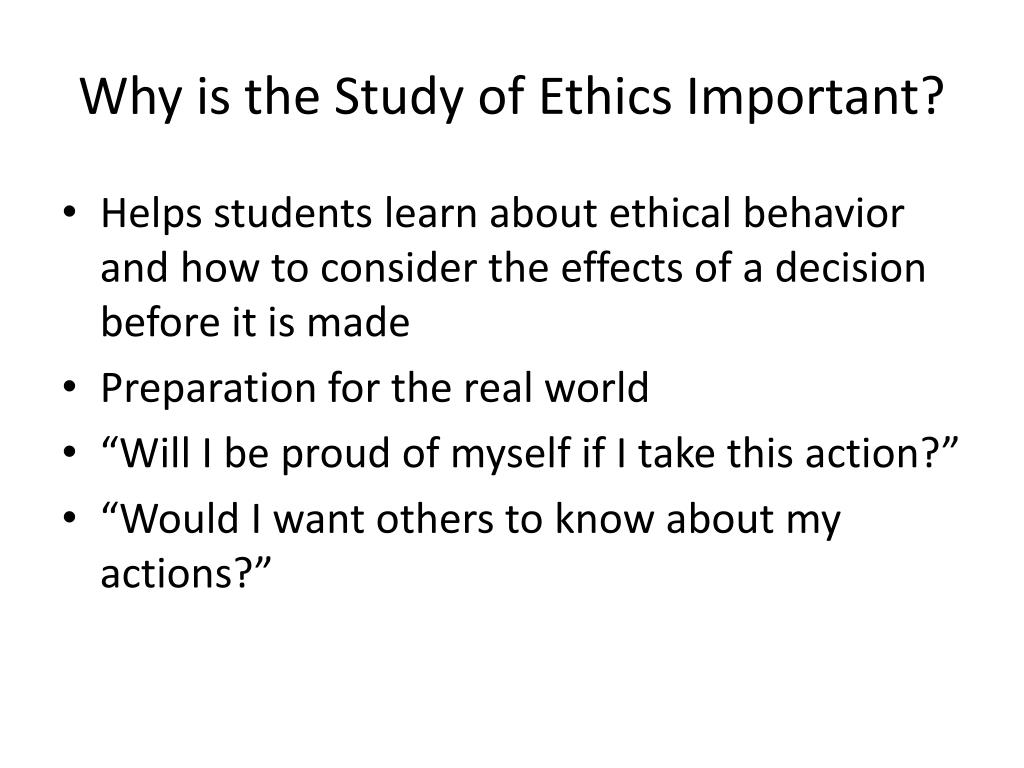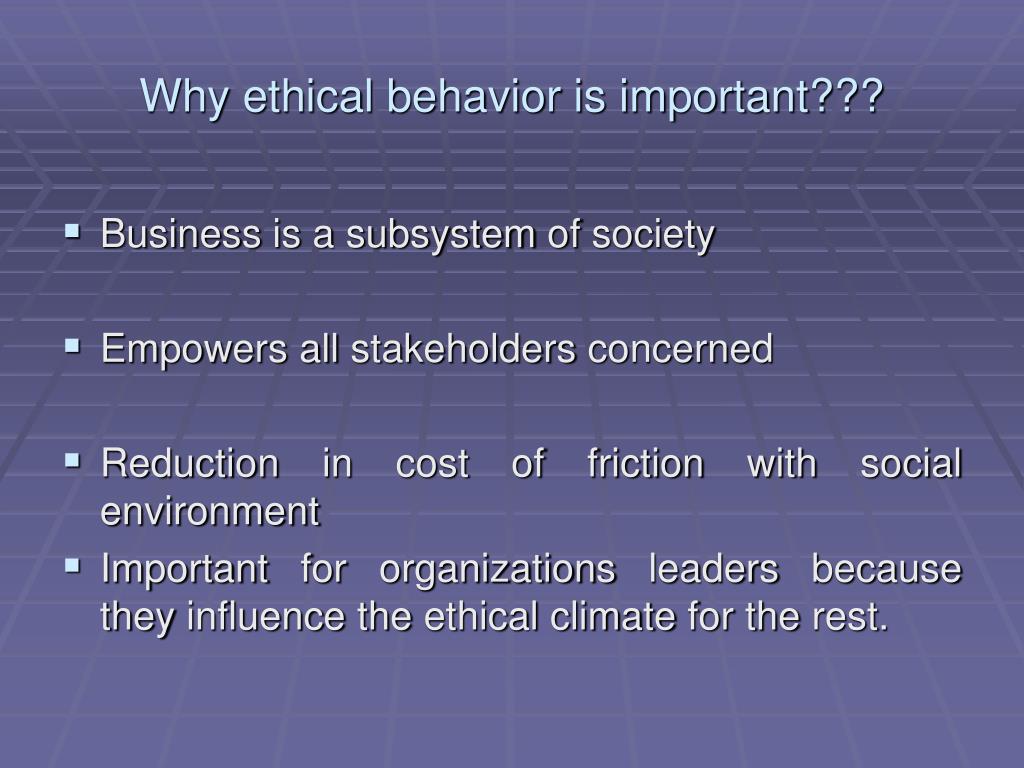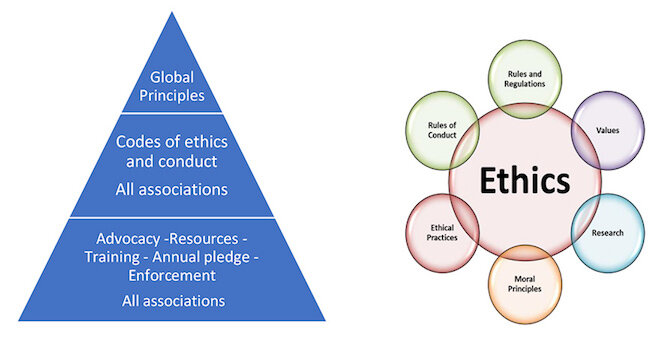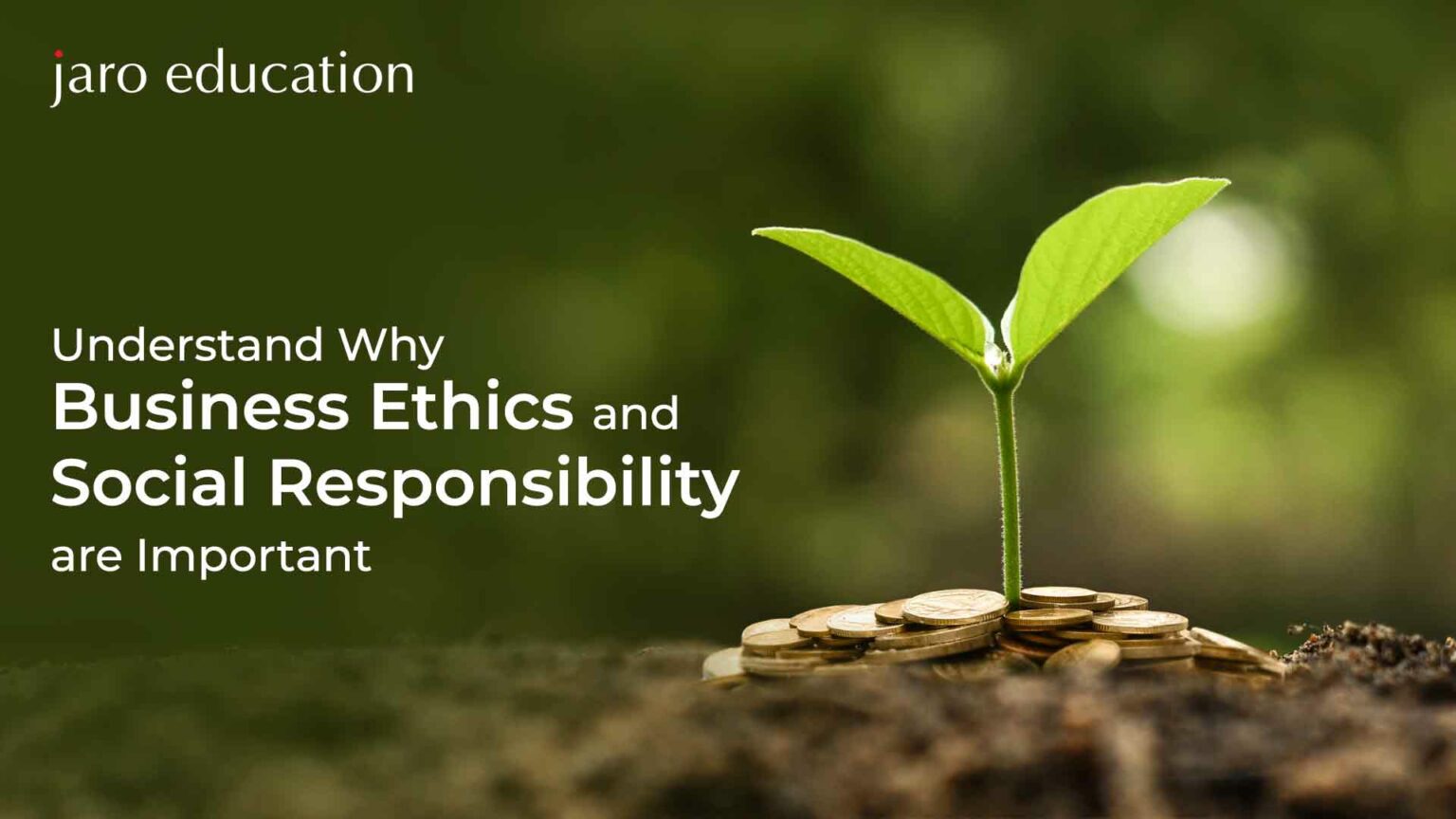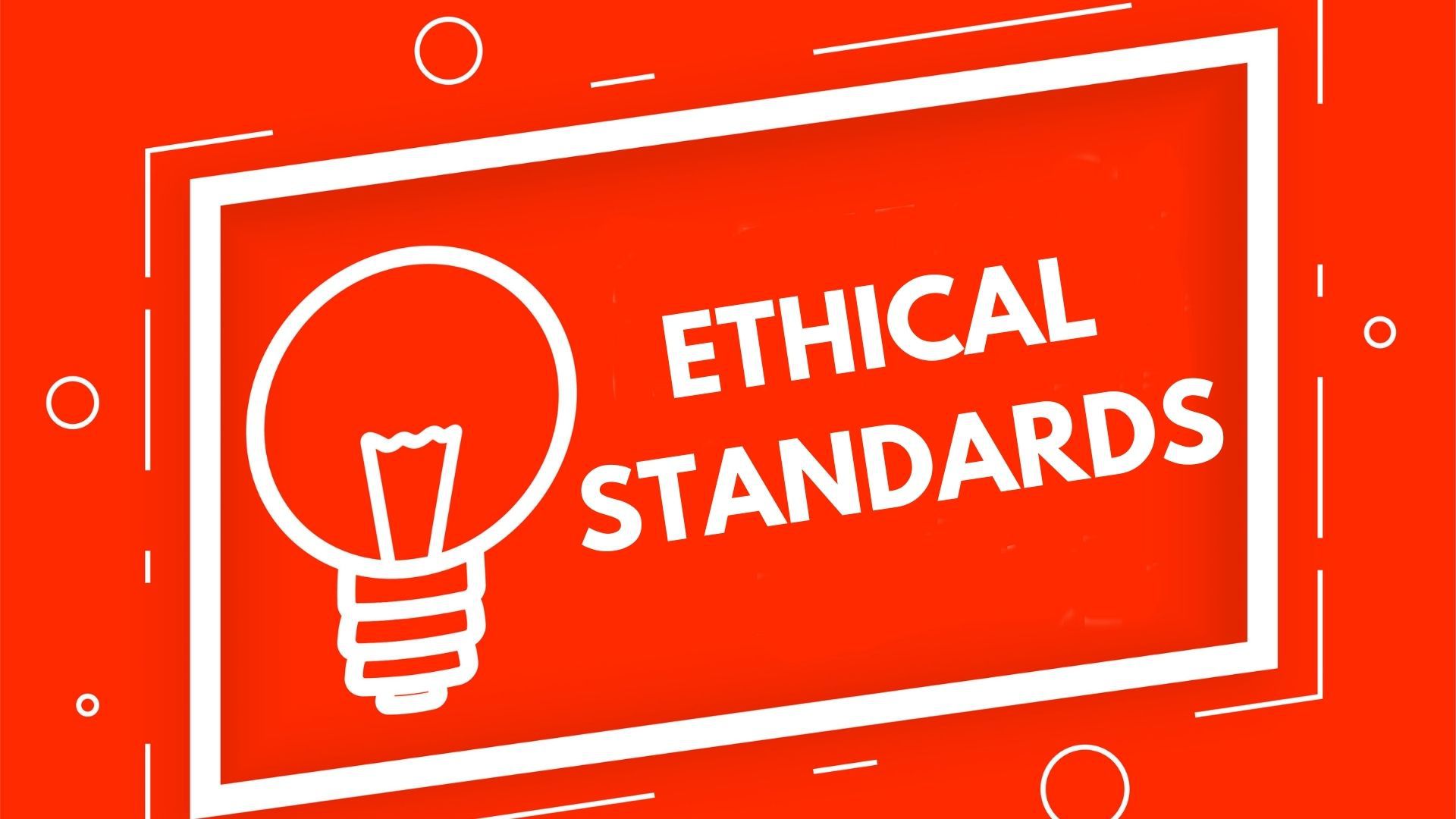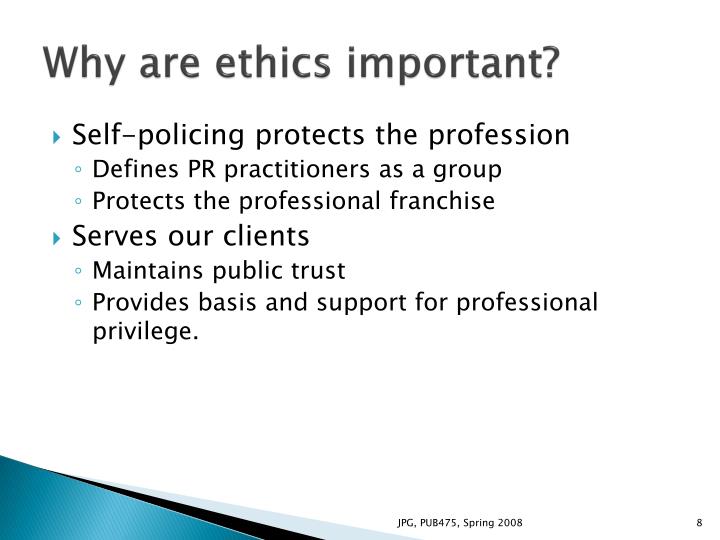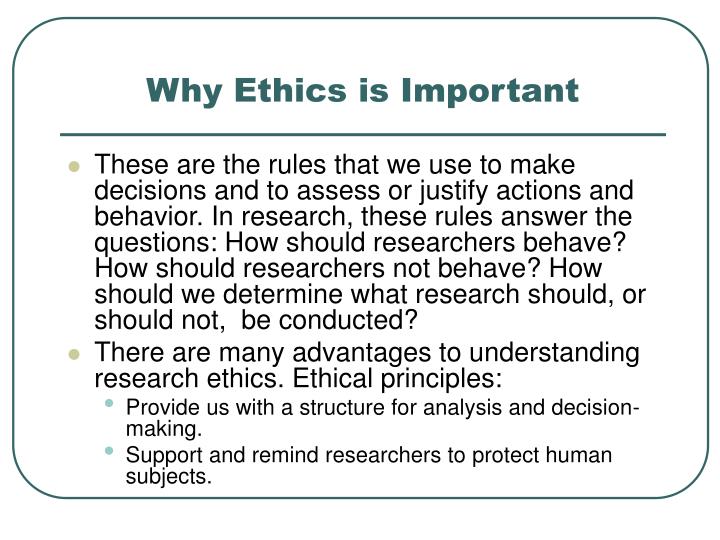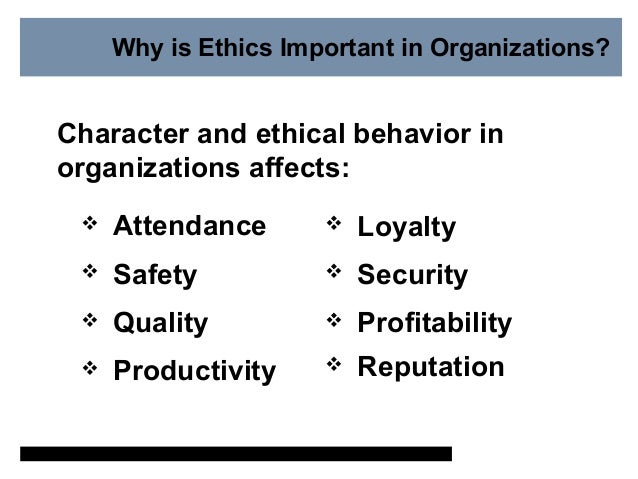Why Are Ethical Standards Important
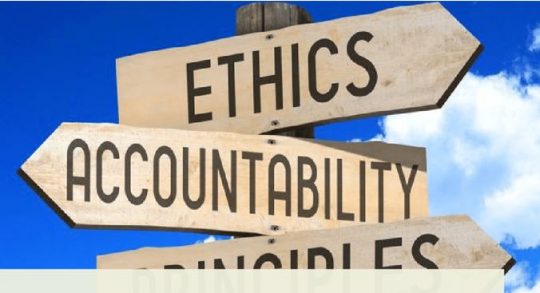
In an era defined by rapid technological advancements and complex global challenges, the importance of ethical standards has become increasingly paramount across various sectors. From business and politics to healthcare and technology, the application of ethical principles shapes decisions, builds trust, and ultimately impacts the well-being of society.
Ethical standards, at their core, provide a framework for determining what is right and wrong. This framework guides individuals and organizations in making responsible choices that consider the impact on all stakeholders. Failing to adhere to these standards can lead to a loss of trust, legal repercussions, and significant damage to reputation, according to various reports from organizations like the Ethics & Compliance Initiative (ECI).
The Significance of Ethical Conduct
The significance of ethical conduct extends far beyond mere legal compliance.
It fosters a culture of integrity, accountability, and transparency. These are the cornerstones of a thriving and equitable society, as highlighted in the United Nations Global Compact's principles on human rights, labor, environment, and anti-corruption.
In the business world, ethical practices are crucial for building long-term relationships with customers, employees, and investors. According to a 2023 study by PwC, consumers are increasingly demanding ethical and sustainable practices from companies, willing to pay a premium for products and services from organizations they trust.
Ethical Standards in Different Sectors
The application of ethical standards varies across different sectors, yet the underlying principles remain consistent.
In healthcare, for example, the American Medical Association (AMA)'s Code of Ethics emphasizes patient autonomy, beneficence, and non-maleficence. These principles guide medical professionals in making decisions that prioritize the patient's well-being.
Similarly, in the technology sector, ethical considerations surrounding data privacy, algorithmic bias, and artificial intelligence are becoming increasingly important. The potential for harm caused by biased algorithms or the misuse of personal data has prompted calls for greater ethical oversight and regulation, such as the ongoing discussions around the EU's AI Act.
In the political arena, ethical standards are essential for maintaining public trust and ensuring fair and transparent governance. Scandals involving corruption, conflicts of interest, and abuse of power can erode public confidence in government and undermine democratic institutions, as seen in various examples documented by organizations like Transparency International.
Consequences of Unethical Behavior
The consequences of unethical behavior can be severe and far-reaching.
For individuals, it can lead to job loss, reputational damage, and legal prosecution. For organizations, it can result in financial penalties, loss of customer trust, and even bankruptcy.
Furthermore, unethical behavior can have a ripple effect, impacting not only the immediate parties involved but also the broader community. For example, environmental scandals, such as the Volkswagen emissions scandal, can have significant consequences for public health and the environment.
The Sarbanes-Oxley Act, passed in response to corporate accounting scandals, highlights the legal ramifications of ethical breaches in the business world. It holds corporate executives accountable for financial misreporting and reinforces the importance of ethical leadership.
Promoting Ethical Standards
Promoting ethical standards requires a multi-faceted approach. Organizations can establish codes of conduct, provide ethics training, and create reporting mechanisms for ethical violations. These steps help foster a culture of ethical awareness and accountability.
Education plays a vital role in promoting ethical standards across all sectors. Universities and professional organizations can incorporate ethics into their curricula and training programs. This helps individuals develop the critical thinking skills necessary to navigate complex ethical dilemmas.
Whistleblower protection laws are also crucial for encouraging individuals to report unethical behavior without fear of retaliation. Strong whistleblower protection can help uncover wrongdoing and prevent further harm.
Ultimately, ethical standards are not just a set of rules but a reflection of our values. By embracing ethical principles and promoting ethical conduct, we can create a more just, equitable, and sustainable society.
